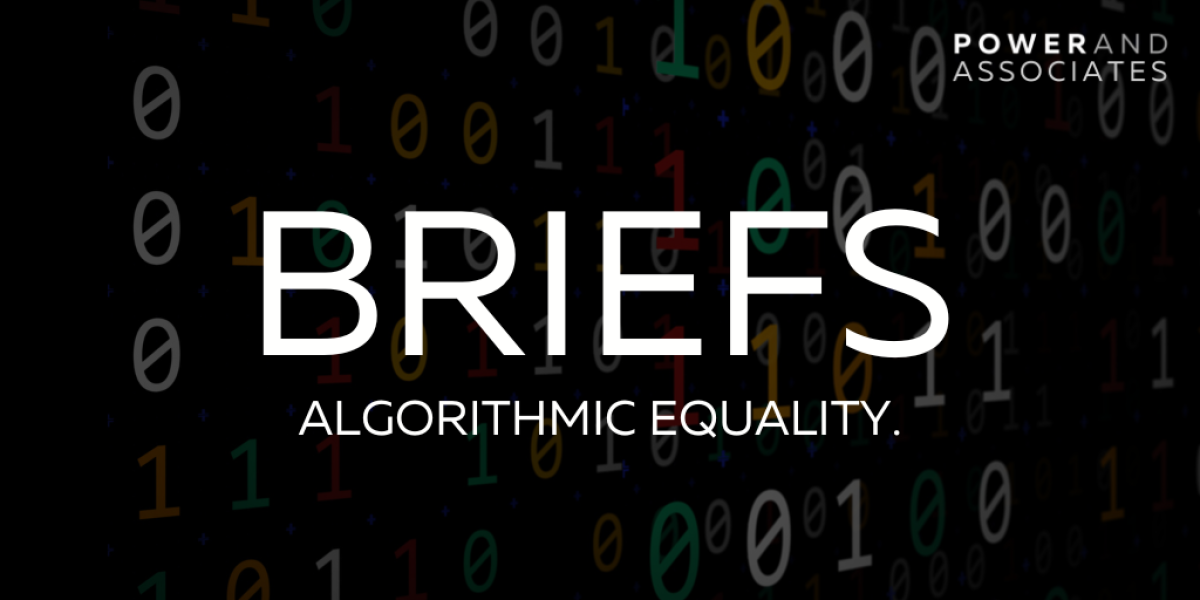UN Special Rapporteur presents new report on disinformation to the Human Rights Council
On 2 July 2021, the United Nations (UN) Special Rapporteur on the Promotion and Protection of the Right to Freedom of Opinion and Expression (Special Rapporteur) presented her report on disinformation to the Human Rights Council. As noted in the report, disinformation is not a new phenomenon; however, what is new is that digital technology has enabled pathways for false or manipulated information to be created, disseminated and amplified by various actors for political, ideological or commercial motives at a scale, speed and reach never known before.
The report notes further that disinformation online can have serious consequences for democracy and human rights, as recent elections, the response to COVID-19 and attacks on minority groups have shown. The Special Rapporteur explains that it is politically polarising, hinders people from meaningfully exercising their human rights, and destroys their trust in governments and institutions.
According to the Special Rapporteur, at the core is a human rights challenge, aggravated by an information disorder: “There is growing evidence that disinformation tends to thrive where human rights are constrained, where the public information regime is not robust and where media quality, diversity and independence is weak. Conversely, where freedom of opinion and expression is protected, civil society, journalists and others are able to challenge falsehoods and present alternative viewpoints.” This makes international human rights a powerful and appropriate framework for addressing disinformation.
Importantly, the Special Rapporteur highlights that in a report devoted to disinformation, it is easy – but dangerous – to lose sight of the value that digital technology offers to democracy, sustainable development and human rights, or the vital importance of the right to freedom of opinion and expression in that equation. That is why attempts to combat disinformation by undermining human rights are short-sighted and counter-productive. Rather than being part of the problem, the right to freedom of opinion and expression is the objective and means for combating disinformation. Notably, the COVID-19 pandemic “has starkly exposed both the imperative of upholding the right and the challenges of confronting disinformation and misinformation.”
In conclusion, the report outlines how the fundamental challenge for states, companies and the media is to restore public trust in the integrity of the information order. In this regard, “[t]ackling disinformation requires multidimensional, multi-stakeholder responses that are well grounded in the full range of human rights and the proactive engagement of states, companies, international organisations, civil society and the media. The need for multi-stakeholder dialogue and partnerships cannot be overstated.”
The report is accessible here.
Please note: The information contained in this note is for general guidance on matters of interest, and does not constitute legal advice. For any enquiries, please contact us at [email protected].





